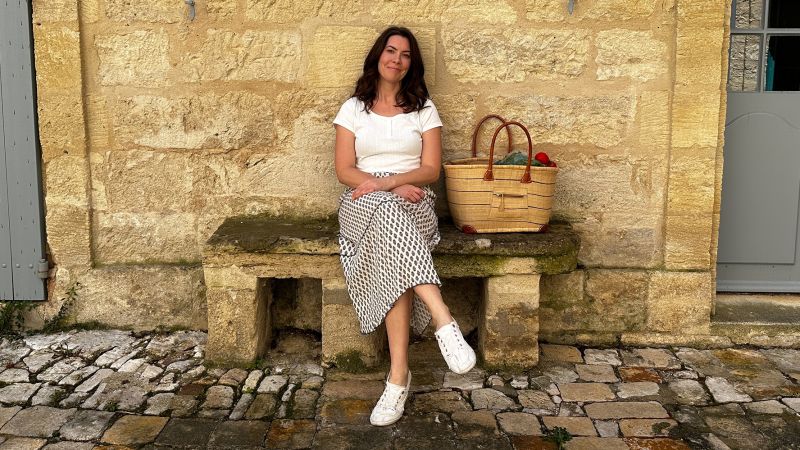Strolling from her apartment in Southern France’s Occitanie region to Place aux Herbes — the historic main square in the tiny town of Uzès — for coffee has become a daily ritual for Julie Neis.
She loves the simple routine of sitting, cup in hand, while taking in the views of the fountain and arcades. Later she walks around the old town, maybe meeting up with friends for an Aperol, or browsing the twice-weekly market.
“Honestly, it feels magical,” Neis tells CNN Travel. “I just can’t believe I’m living here.”
A Michigan native who grew up in Texas, Neis feels at home among Uzès’ narrow streets and medieval architecture, even though she hadn’t set foot in the town until six months ago.
So how did she end up moving her life there? Simple: She let ChatGPT choose.
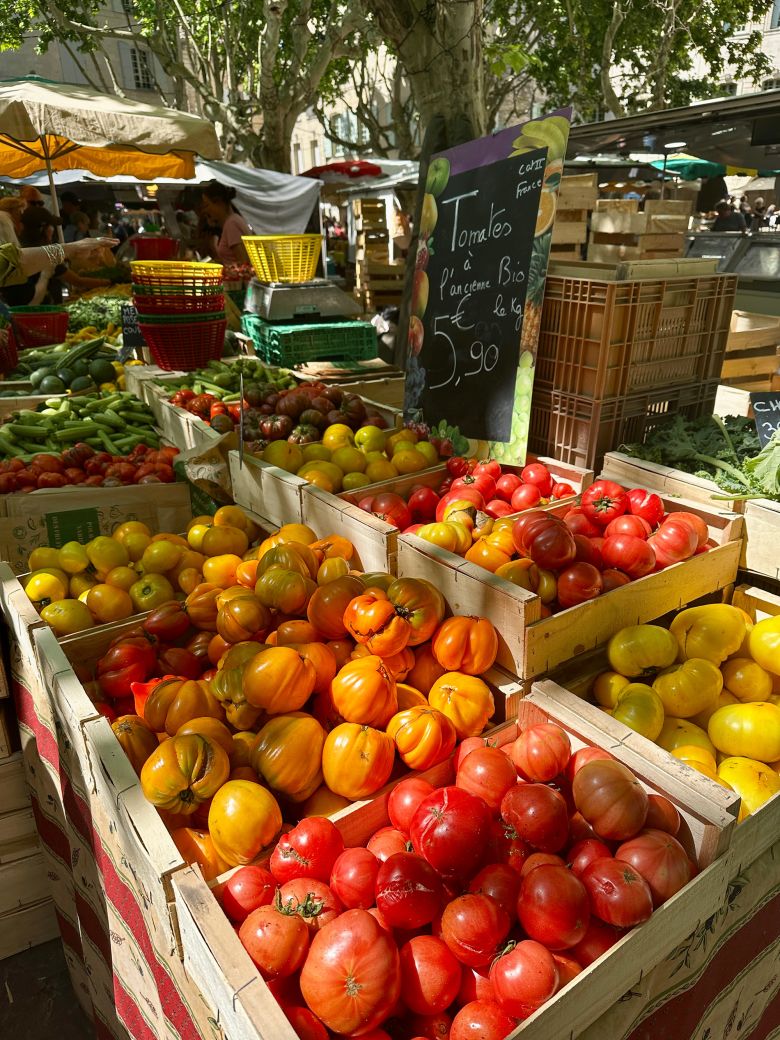
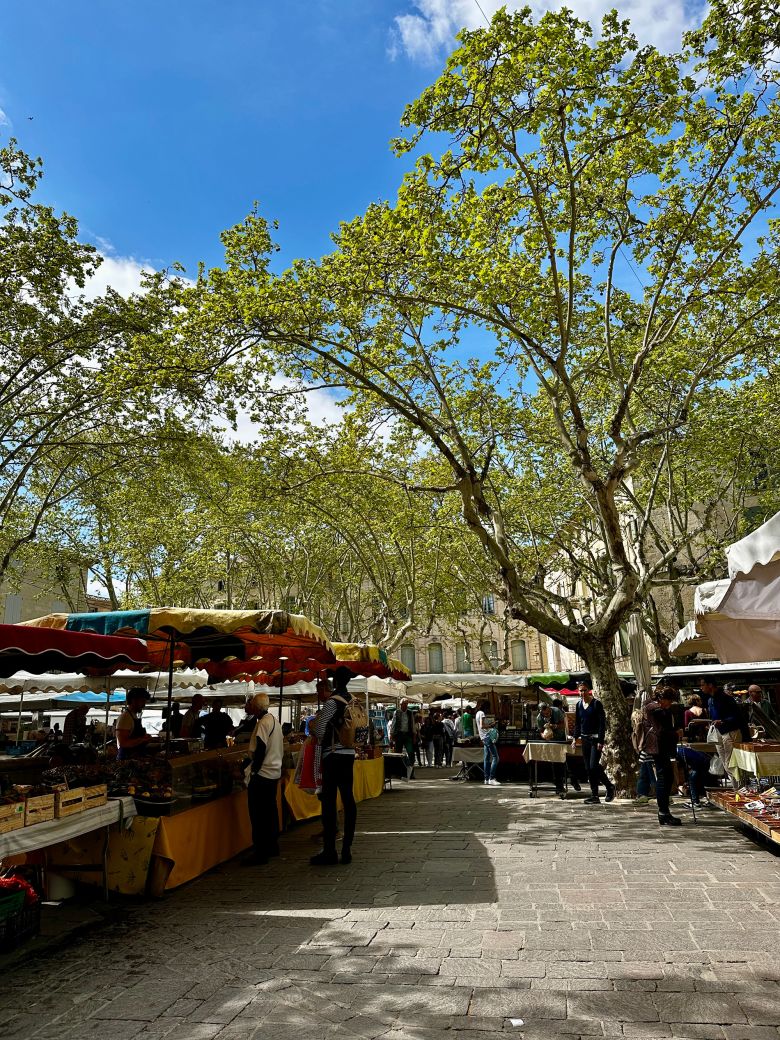
“I know that sounds crazy, to let AI make a decision about your life,” she says today. “But it was relieving me from the overwhelm that I felt, and it could just be an adventure.”
Artificial Intelligence, she says, “chose well.”
Her connection with France began during her younger years, when she studied the language at school. Neis completed a year of language study in the country and later moved to Paris for five years starting in 2004.
“It’s just funny because the decision (I made) at 11 or 12 years old ended up changing the course of my life,” she says.
After nearly five years, she returned to the United States and threw herself into her tech career. She eventually built what she calls “a great job and salary, and lots of travel” — but also hit “huge burnout.”
“I think my nervous system just got fried,” she says. She pushed through anxiety, depression and chronic fatigue, but symptoms including anxiety attacks and back pain began to worsen. She says she “felt like a shell of a human.”
Neis knew she needed a change. France — the place she’d always loved — drew her back.
Neis left her corporate job and returned to Paris, hoping to find contentment again, but the city left her feeling “overstimulated.” She wanted to stay in France, but couldn’t decide where.
So she asked ChatGPT.
After typing in her “whole backstory” — her values and a wish list that included a slower pace of life, good weather, markets and an international community — the AI chatbot suggested two towns: Sarlat-la-Canéda in southwest France’s Dordogne region, and Uzès. Still unsure, she told ChatGPT to pick one.
“Sarlat was more remote,” she says. “So it had suggested maybe Uzès is better.”
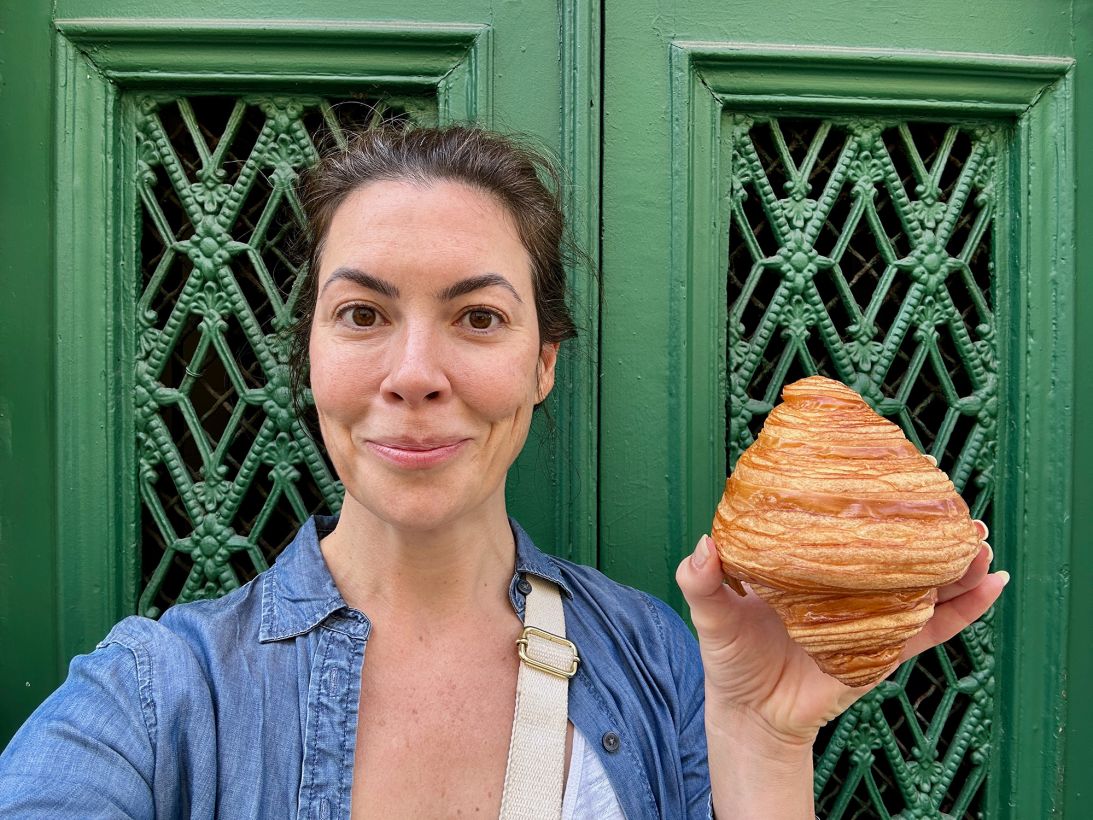
Neis also consulted friends and online sources, but appreciated how ChatGPT cut through the noise and gave her “succinct” answers. Once she — or rather ChatGPT —made the call, she started the move.
She applied for a Passeport Talent, a residence permit for skilled professionals, investors, and entrepreneurs, which came through after a few months.
As she’d been living nomadically for years by this point, Neis, who was based in San Francisco at the time, didn’t have many belongings to pack up. She quit her job, sold her car and flew to Nice.
She arrived in March with two suitcases and a duffel bag, took the train to Avignon, rented a car, and drove to Uzès.
Neis remembers walking into the “adorable” town for the first time and thinking, “Okay, here we go.’”
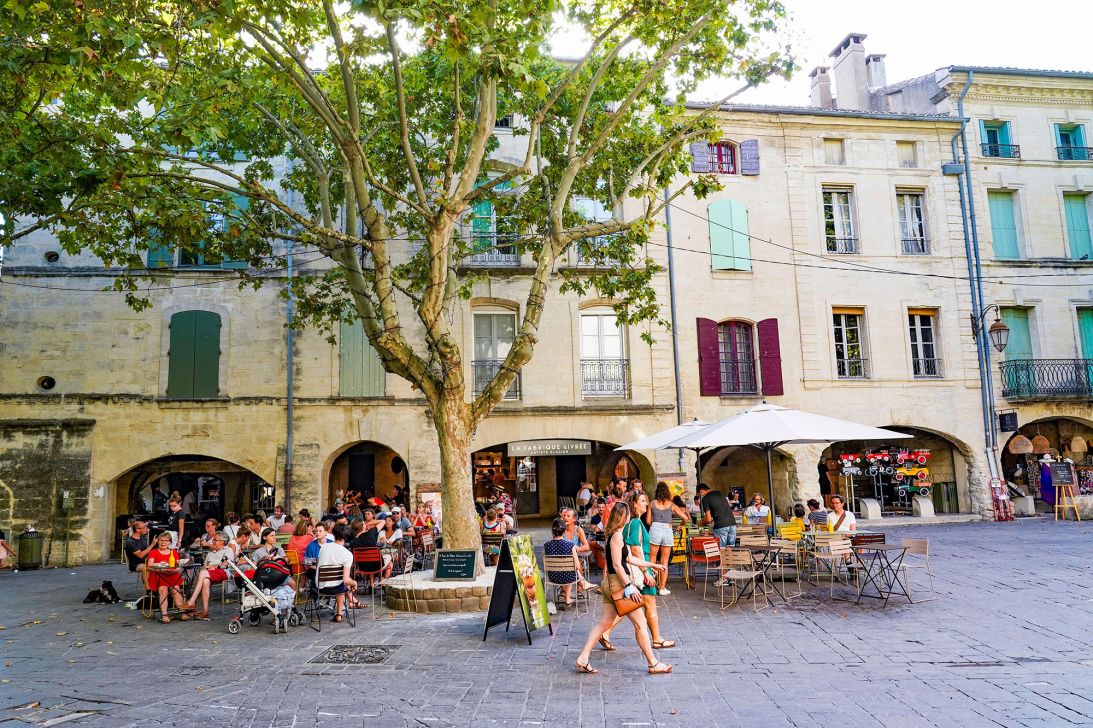
The AI’s choice, she says, turned out to be “very accurate.” She loved that she could walk across the old town in a matter of minutes, and the warmth — of both the people and the weather — drew her in.
She rented a furnished one-bedroom apartment with vaulted ceilings and a view of the medieval tower and began trying to build a community.
Although she’s moved to France alone before, she worried about feeling isolated this time.
“Friendships are important to me,” she says. “Community is important to me. And I just thought, maybe I’m not going to have that.”
At first, she jokes, she was probably known as “the American who was always by herself.” But her YouTube channel helped her meet other international residents — mostly retirees.
“When I met those expats, they were like, ‘Wow, you really bring our age down by quite a lot,’” she says, adding that she’s since met other residents closer to her age.
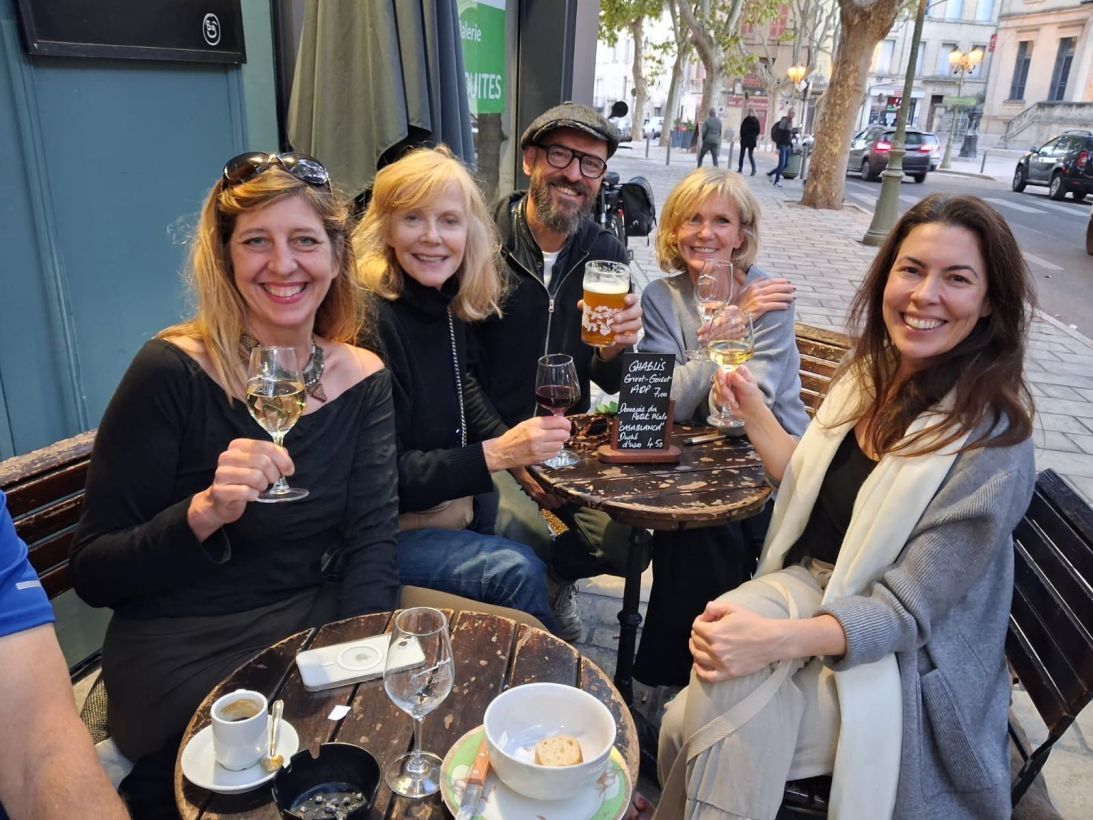
After spending much of her life in an environment where the “emphasis was on work,” Neis loves the fact that people in France don’t immediately ask what she does for a living.
“I mean, maybe eventually they will, but it’s not the first question they ask,” she adds. “Because that’s not the most important thing…”
Life is cheaper overall, she says, but salaries are lower and prices have risen.
“I understand from locals that the cost of living/buying has really gone up,” she says.
Neis says she misses American conveniences — especially grocery stores open on Sundays — and sometimes takes a bus to the larger cities of Nîmes or Avignon to visit an Asian superstore and pick up “goodies” like soy sauce.
“It would be a full-day affair, essentially, just to go and do that,” she says. “Because it doesn’t exist here. So being in a small town means you’re really limited.”
Still, Neis has fully embraced life in Uzès and says moving there has helped her recover.
“I completely feel like myself again,” she says. “I just can’t even express what a relief that is… Because I got to the point where I just thought I was never going to feel normal again.”
She’s launched a YouTube channel, French Julie Travels, documenting her life in France and now hosts week-long retreats and food tours.
Neis plans to stay in Uzès for the foreseeable future and is even considering buying an apartment, even though property prices have recently risen sharply.
She visits the US once or twice a year and is planning to be back for Christmas, but while she remains “open to all possibilities,” she doesn’t see herself moving back permanently.
“It feels like this little town is where I’m meant to be — whether for now, a few years, or possibly forever,” she says.
Letting ChatGPT decide may sound risky, Neis says, but for her it worked.
“It’s scary to leave a full-time salary and not know how things will unfold,” she says. “But I’m so much happier. It’s an adventure, and I feel so lucky to be here experiencing this new life.”
Sign up for Unlocking the World, CNN Travel’s weekly newsletter. Get news about destinations, plus the latest in aviation, food and drink, and where to stay.
